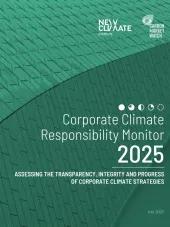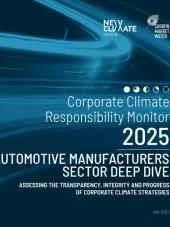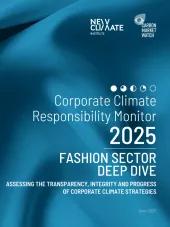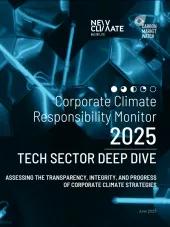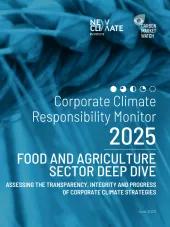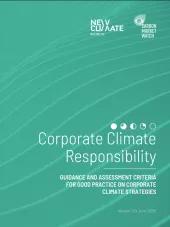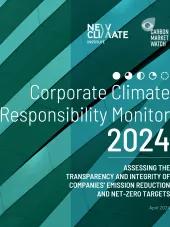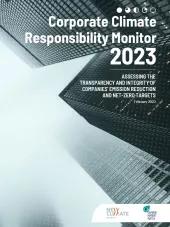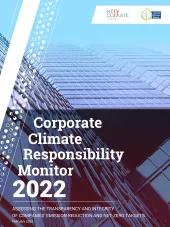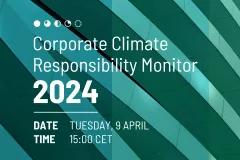As global emissions from data centres continue to rise – expected to triple by 2030 – major tech companies are facing growing questions about the credibility of their climate strategies. This chapter of the 2025 Corporate Climate Responsibility Monitor assesses the climate strategies of five leading tech companies: Amazon, Apple, Google, Meta and Microsoft. The analysis focuses on their GHG emission reduction targets and the key transitions needed to achieve deep emission reductions across the sector.
Since the majority of the tech sectors’ emissions footprint derive from electricity use in data centres and energy use for hardware production upstream, we identify renewable electricity for data centres and renewable electricity in the supply chain as key transitions for the sector.
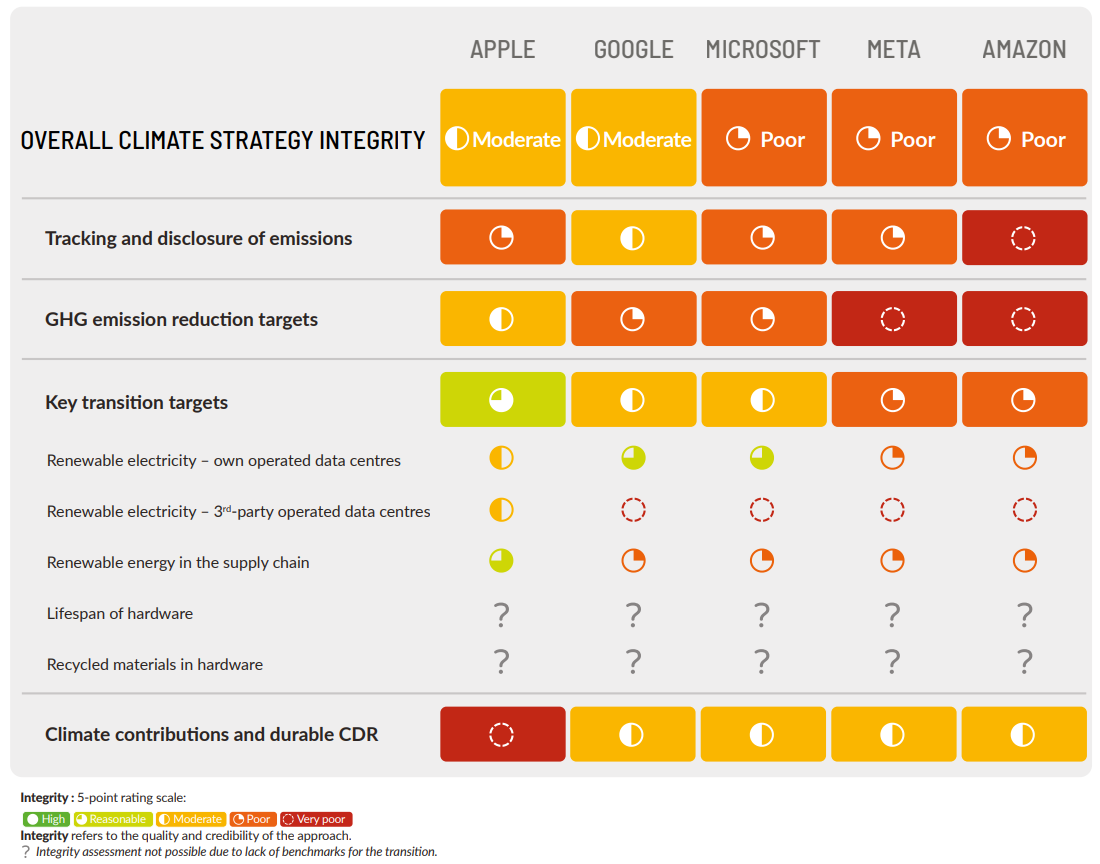
Key finding includes:
- Emission targets seem to lose meaning as actual emissions surge and competing emissions accounting frameworks cause confusion and undermine transparency.
- Promising but isolated leadership is emerging: Google’s and Microsoft’s efforts to switch to hourly renewable energy matching, and Apple’s renewable supply chain strategies are promising steps, yet these remain exceptions rather than industry standards and can further be optimised.
- Questionable validations of climate targets risk misleading stakeholders: Other initiatives continue to validate some companies’ targets as 1.5 °C-aligned, without reflecting the uncertainties coming with rising emissions. This may mislead investors, regulators, and the wider public, giving an inaccurate impression of the tech sector’s climate impact.
Main recommendations include:
Climate strategy for the tech sector needs a rethink, to put the spotlight on the sector’s key transitions, and to incentivise the replication of promising strategies.
- By setting transition-specific alignment targets in addition to GHG emission reduction targets, companies can guide and measure the progress of their climate strategies in a more targeted and transparent way.
- Major standard setters, crucial in guiding corporate climate strategies, have a critical opportunity to establish robust approaches for accounting and target setting for electricity-related emissions, thereby enhancing the integrity of corporate climate action and closing existing loopholes.
- Governments need to take a lead on regulating the unconstrained growth in energy consumption of the sector, recognising that individual companies demonstrating unilateral leadership may risk being left behind without the transition happening at the sector level.
This analysis is part of the Corporate Climate Responsibility Monitor (CCRM). The full report – including deep dives of the agrifood, fashion, tech and automotive manufacturers sectors as well as cross-sector trends and recommendations – will launch on 10 July 2025.




